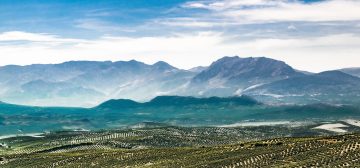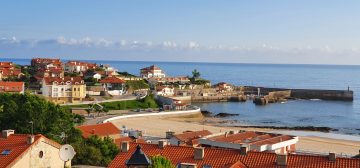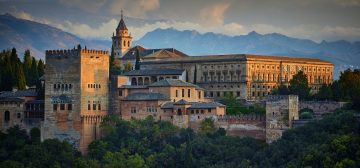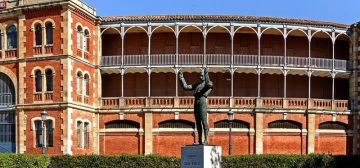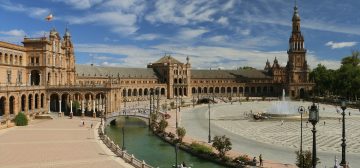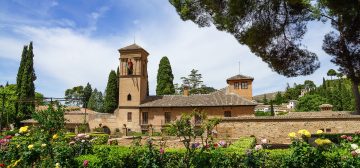Standards of hygiene in relation to food health and safety in Spain are generally high in hotels, restaurants, pubs and nightspots. Food is more than a form of sustenance in Spain, it is literally a way of life. Friendships are formed, families unite, and the working week can be set around every day’s very important meals. The country’s distinctive cuisine brings together unique regional dishes, special ingredients and long standing influences from Moorish and Arab settlers.Tourists travelling to Spain are often given a useful piece of advice – the Spanish eat late. Don’t expect many restaurants to be open before 9pm. Book a restaurant table for between 11pm and midnight and you’ll see the place hopping. Dinner is often light after a large lunch..Breakfast in Spain is a pretty simple and traditionally European affair. The continental meal can include fresh rolls, bread and jam with coffee, hot chocolate or tea. Tapas are probably the concept of Spanish cuisine most admired and imitated around the world, inspiring thousands of bars and restaurants. The idea is simple, straightforward, and a visit to a tapas bar is possibly the best way to sample a wide variety of Spanish food. Tapas can constitute something as simple as a piece of toasted bread, rubbed with garlic and dipped in olive oil, or a dish of olives. Slices of ham or salami, cheese, pieces of Spanish tortilla and marinated anchovies are popular. Dishes like meatballs in tomato sauce, garlic mushrooms, shrimp or cooked chorizo in wine are all offered to tickle the tastebuds at tapas bars around the country. So is paella, the saffron infused rice dish with meat, seafood and vegetables which is a Spanish institution. Tap water is generally safe to drink in Spain. Do not drink water from rivers or lakes as it may contain bacteria or viruses that can cause diarrhoea or vomiting.

